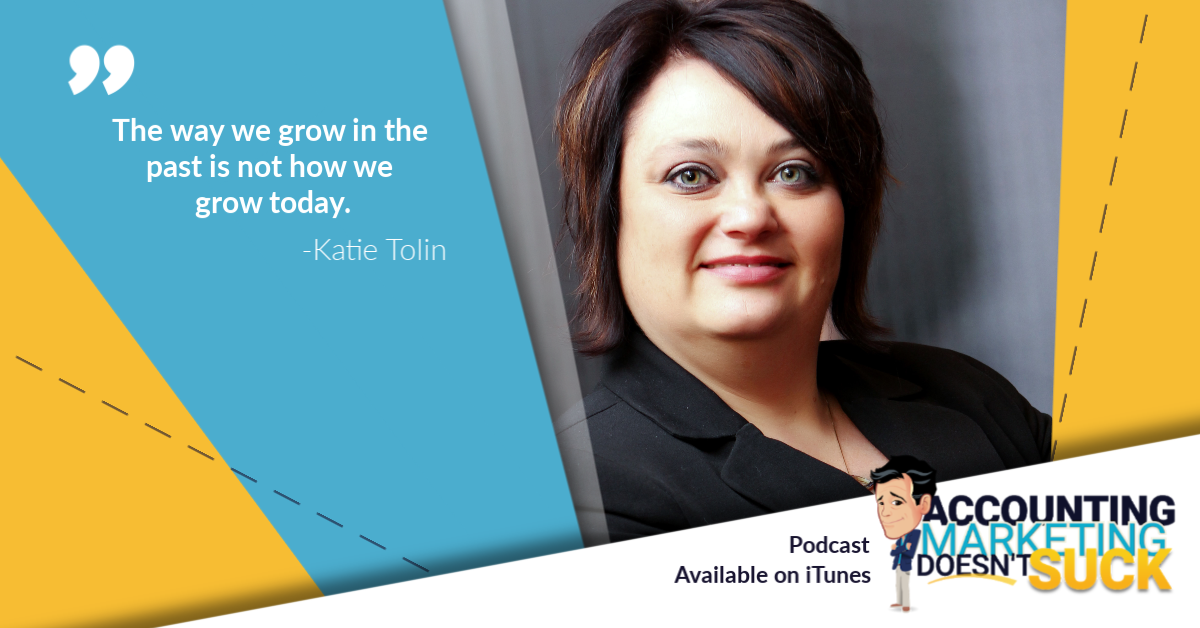

Developing a Niche - Why It's Essential
| |
In today's crowded marketplace, it is essential to gradually develop a niche over time and often overlooked by accountants.
Intuitively, accountants think that it's bad for business to have a specific focus. Their thought is that reducing their target audience pigeon-holes them and does not give the practice room to grow because it will alienate too many prospects.
However, the opposite is true.
Many accountants open their practice and accept any type of client that walks in the door. Literally, everyone out of desperation to generate revenues and put food on the table. This spreads the generalist accountant too thin to satisfy all types of clients. Everyone from walk-in 1040's, gas stations, non-profits, contractors, couple complicated estate returns and deadbeats who have not filed a tax return in 3-5 years.
Developing a niche within your accounting practice is not a concept, it's essential and needs to become part of your business model. Even if you have to take one step back to take three steps forward. Not kidding...
Within the medical industry, we all have a primary care doctor for physicals and routine care. This doctor is a generalist and is compensated at lower rates than other types of doctors (like a jack-of-all trades handyman). Health insurance companies push you to the primary care physician to keep their costs down. And if you need to see a specialist like cardiologist, radiologist, or orthopedic surgeon, it needs to be approved by your primary care physician and health insurance provider because the fees go way up. We all understand this on the medical side but forget to embrace this when opening an accounting practice and accept handyman fees because we operate like a primary care physician.
If you've heard the expression, "jack of all trades, master of none", then you can see the importance of developing a specialty (niche) within your accounting practice to differentiate your practice from the competition. At some point, the easy stuff will be done by chatbots at far lower prices so now is the time to develop a niche approach.
Benefits of Developing a Niche
- Reduces fee sensititivy
- Loyal clientele and higher retention rates
- Generates more referrals
- Attracts clients from wider geography
- Generates more advisory revenues at attractive fees
- Easier to scale up your practice (more of the same work)
- Marketing becomes more focused and effective
- Your practice becomes more desirable and easier to sell
Process for Selecting a Niche
The process for selecting a niche is somewhat complicated and varies by your background, geography, and trends in the marketplace. Here's how I would suggest this process.
What Is Undesirable for Practice Buyers
As a business owner of an accounting practice, your goal is to build a highly desirable practice (golden nest egg) that yields attractive dividends to cover your household expenses and ultimately sell the practice at the end of your career (your pot of gold). So start with what accounting practice buyers want to avoid like the plague:
- 1040 clients (these will be done by chatbots and tax programs, dim future)
- tax resolution practices (not ongoing, more project work)
- audit practices
- controller engagements (these are not transferrable)
- clients that require staff to come on property
- hourly billing
- low fee paying clients
- non-profit clients
- inefficient practices (less than $150k per staff)
- high uncollectibles (AR above 5% of NS)
- practices that are difficult to staff for
Or said another way, accounting practice buyers want practices that run on autopilot with subscription fees that are relatively easy to staff for. Highly predictable revenues that are transferable with low risk. And if the speciality generates above average fees, efficiency rates and the niche is attractive, then a premium multiple applies.
Other Factors to Consider
As part of your selection process, please consider these factors too:
- is there enough of these clients to satisfy locally
- is this industry/specialty growing
- is this type of client willing to rely upon my expertise and pay an attractive fee
- does this client think what I do is complicated and need a specialist
- will I be able to develop advisory services to support their pain points
What Type of Clients Work Well With You and Your Staff
As you scale up and grow, it is important that you and your staff truly enjoy working with certain types of clients. And quickly identify which industry types (and personalities) you want to avoid. This becomes important because when your practice is 3 times to 10 times larger in scope, personality types become extremely important to retain staff and create deep, trusting relationships for client referrals.

